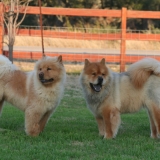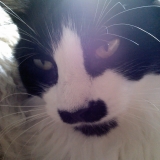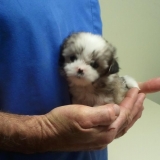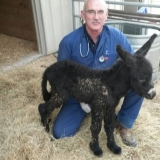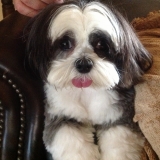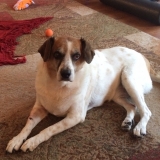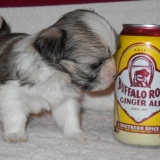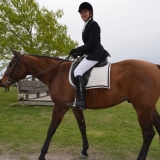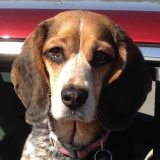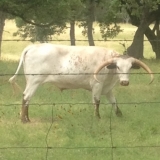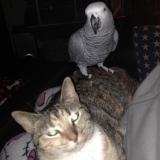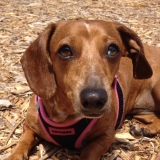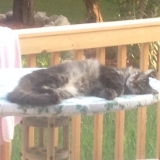Weight Loss in the Older Cat
Weight loss gets harder as you get older. This is one of the sad facts of life...unless you are a cat. Most cat owners are familiar with the idea of the older “skinny” cat. What is going on? Why do cats, who easily get overweight in the prime of life, get so thin as they age?
Once a cat reaches adulthood, (around 2 years of age) their weight generally stabilizes for the next four years or so unless they are overfed. When a cat reaches full maturity at around six years of age their caloric needs change but often their feeding does not and they start to put on weight, just like many people. When they start their geriatric years, around age 11 or 12 a decline in weight is noticed.
There are a lot of issues that can trigger the start of weight loss in older cats. Some weight loss is normal part of the aging process but as it becomes easier to feel bones through the muscle mass of the cat it is time to address the issue. Catching this weight loss early can lead to longer, healthier, more comfortable lives for geriatric cats.
The first thing a cat owner needs to establish is does the cat have an appetite or not and, if the cat has a good appetite, is he or she unable to eat. Once you know the appetite status of your cat, it is time for a visit to your veterinarian. When you go to your appointment either bring your cat's current food with you or take a picture of the packaging with the nutritional information on it. This will be extremely helpful in making good nutritional recommendations for your cat.
If your cat is unable to eat, a thorough oral exam is a must. Cracked teeth, infected gums, dental or orofacial fractures can all make it difficult for a cat (or anyone else for that matter) to eat. A check of the soft tissues in the mouth for growths or neoplasia will also be done. There are also medical reasons for a cat to not eat such and kidney issues or chronic infections such as feline leukemia.
If your cat is able to eat and still losing weight other issues may be in play. As kitties age their ability to utilize certain nutrients declines. Dietary adjustments can help deal with this issue and slow the weight loss. Metabolic disorders such as diabetes may be causing the weight loss. There are several conditions that can cause protein loss which, in turn, causes muscle loss.
As a cat approaches it's geriatric years this is a most important time for a veterinary visit. Starting off the geriatric years with a nutritional plan will help your cat maintain a healthy muscle mass. Talk with us about signs of disease to watch for in the older cat. When issues are caught early it is much easier to address health problems. Taking these steps will help your cat live a longer, more active, healthy life.
